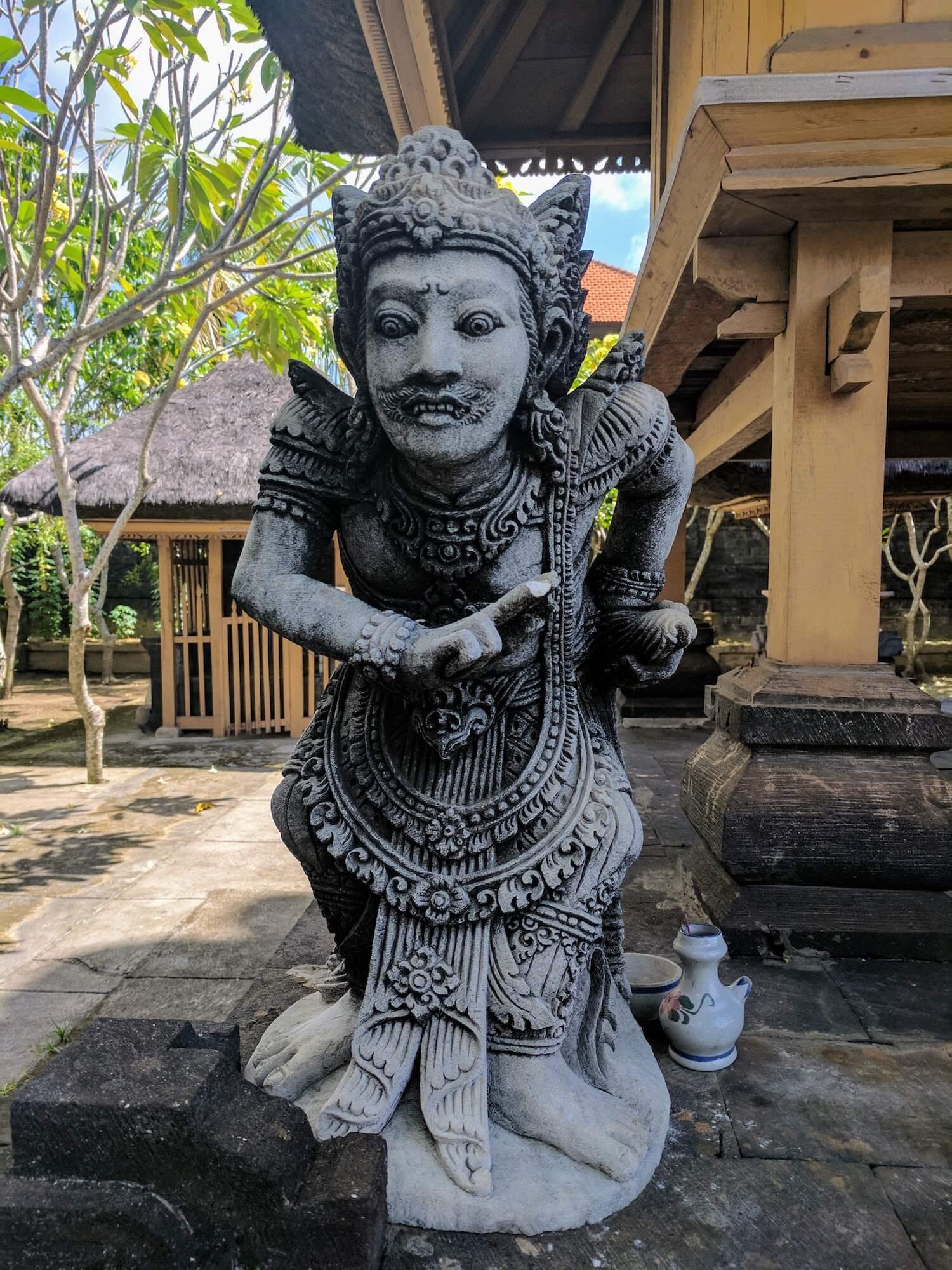Words Without Borders: Exploring Humanity Through Language and Laughter
Language, dear friend, is a rather tricky beast. It’s muddled, colorful, and as multifaceted as the people who created it—an ever-evolving hodgepodge of word soup stirred by countless cultures, histories, and philosophies. Exciting, isn't it?
When miming your heart out in an overflowing foreign market, praying the vendor doesn’t interpret your request for two apples as an order for twenty, it's clear that languages can serve as the punchline to a particularly good universal joke.
But hey, the laughter, the faux pas, and the act of fumbling through unfamiliar tongues serve not just as an entertaining intro to new cultures but also as an avenue for shared laughter and unexpected camaraderie.
Embracing Awkwardness: The Linguistic Leap of Faith
I remember the fear that once gripped me, the introverted traveler, too afraid to mumble unfamiliar words. But traveling taught me you have to try. My attempts, however terrible, are almost always greeted with smiles and appreciation (and sometimes suggestions on improving my pronunciation.) A really bad accent or butchering of words might occasionally get you a scoff, but that's life. There are mean people everywhere.
It takes getting over your ego to get comfortable speaking but just try. That's all anyone wants. Whether it's building the courage to warp your mouth into unfamiliar shapes or risking making observations about a grandmother's choice of hats, language—the vulnerability—is the ticket to the true human connection.
Miscommunication in Paris: A Bakery Odyssey
Once, I strolled into a Parisian bakery, seeking ‘pain,’ a simple baguette. But my pronunciation begged for sympathy, not sustenance. My overemphasized 'a' tone made it seem like I was in the throes of suffering (‘peine,’) transforming the baker into a concerned citizen.
After assuring him I was fine and was not, in fact, suffering, we had an entertaining conversation that ended in a newfound love for tarte aux fraises and croissants. There's something about the French passion for pastries and the intricacy with which they are prepared that resonates with their rich culture and approach to life. These sweet culinary delights, much like the language, tell a story of history, artistry, and elegance in simplicity.
Greetings in Bali: Opening Doors to Culture
In Bali, learning how to say hello in Balinese ‘om suastiastu’ and Indonesian ‘halo’ opened up an amazing conversation about Balinese culture and how it differs from Java and other islands in the area. It was more than just a greeting; it was a way to connect with the locals.
From it, I was invited to a traditional Balinese meal, explored the local art and temples, and shared a genuine connection that started with a simple word. It formed a bridge between my world and theirs. Language became a gateway to experiencing the island's unique harmony with nature, spirituality, and community.
Japan’s Etiquette: The Ways of Respect
Then there was Japan, where my journey through the language painted an in-depth portrait of Japanese courtesy. It’s not just what you say but how you say it. ‘Arigatou gozaimasu’ or ‘domo’? The choice is delicate, a dance of social hierarchy. Polite corrections follow. Lessons in humility and respect unfold. But, learn how to bow, and you already level up your politeness. The subtleties of the language, the honorifics, and the unspoken codes all unveiled the Japanese way of life, where respect, harmony, and attention to detail reign supreme. It was a lesson in empathy and mindfulness that transcended mere words.
Each new country I visited provided a unique insight into how language forms the core of social interactions, shaping my understanding of humanity.
Ways of the Talkative Traveler: Mapping Out Linguistic Adventures
Navigating a new language can be a wild ride. Yet, it needn't be intimidating. Here are some strategies to ease the journey:
Revel in the awkwardness: Missteps will happen. Each one is a golden ticket to learn. Embrace each stumble, and let it guide your way.
Body language is your best friend: Gestures can sometimes steer your message home better than mangled phrases. Understanding non-verbal cues is as vital as the spoken word.
A phrasebook is your anchor: It can rescue you when the digital universe decides to act up. Having essential phrases on hand fosters confidence.
Respect is key: When speaking another's language, honor their cultural customs. A little effort goes a long way in bridging gaps.
Humor makes everything better: Laughter can bridge language chasms and foster connections. Never underestimate the joy of a shared smile.
Engage with the locals: Start with simple greetings, and don't be afraid to ask questions. People usually appreciate the effort and will offer insights into their culture.
Language as Connection: A World to Explore
Language is a feast of words and expressions. It invites us to savor our missteps, to laugh, to understand, to connect. It's a banquet, rich with flavor and filled with surprises. It's a magic portal to empathy and a telescope into varying worldviews. So, here's to savoring our mispronunciations and lingual slip-ups. They create shared experiences, laughter, and human connection. The next time you're marooned in the wilderness of mistranslation, remember to see the humor in it, soak in the learning, and bask in the delight of eloquent fumbling.




